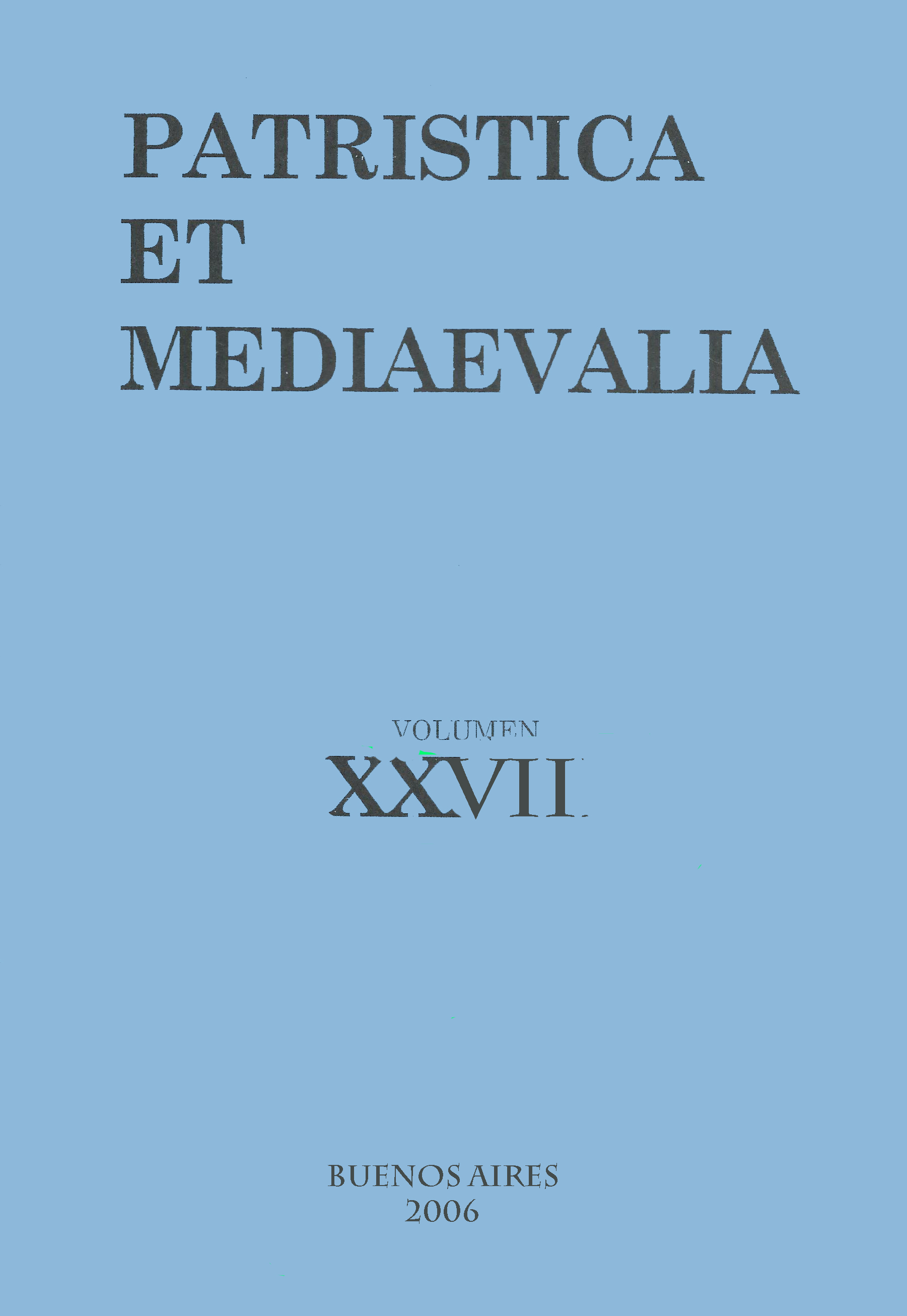News On the Preeminence of the Moral in Dante's Convivio
Abstract
Both Thomas Aquinas and Aristotle resolutely asserted the primacy of metaphysics over morality. One of the most important turning points in Medieval philosophy is the reversal of this relationship. This inversion is one of the distinctive and novel features of Dante's thought. The way in which Dante justifies this primacy is surprising and confirms the originality of his thought. His argument is twofold. On the one hand, he offers a classification of the sciences -based on Aristotelian methodological principles- in correspondence with the heavens of the Ptolemaic system. On the other hand, he resorts to the original record of basing an inferior order on his own inferiority. This structure -key to understand the always preeminent place of practical philosophy in Dantesque political thought- is explained in detail in Il Convivio.Downloads
References
Busnelli, G & Vandelli, G. (1953/54). Dante, Il Convivio ridotto a miglior lezione e commentato da G. Busnelli e G. Vandelli, con introd. di Michele Barbie, v.4, 2 ed. Firenze: Le Monnier.
Gilson, E. (1972). Dante et la philosophie. Paris: Vrin.
Guiberteau, P. (1968). Dante, Convivio: Le Banquet. Paris: Les Belles Lettres.
Nardi, B. (1960). Le rime filosofiche e il Convivio nello sviluppo dell’arte e del pensiero di Dante. En Nardi, B. Dal Convivio alla Comedia. Roma: Istituto Storico Italiano per il Medio Evo, 20-33.
Nardi, B. (1967). La dottrina dell’Empireo nella sua genesi storica e nel pensiero dantesco. En Nardi, B. Saggi de filosofia dantesca. Firenze: La nuova Italia, 167-214.
Ricci, P. G. (1965). Dante, Monarchia, ed. Pier Giorgio Ricci. Milan: Arnoldo Mondadori Editore.
1. The authors who publish in this magazine accept the following conditions:
-
They retain the copyright and grant to the magazine the right of the first publication, with the work registered under the Attribution-ShareAlike 4.0 International License that allows third parties to use what is published as long as they mention the authorship of the work and the first publication in this magazine.
-
They can make other independent and additional contractual agreements for the non-exclusive distribution of the version of the article published in this magazine (eg. include it in an institutional repository or publish it in a book) provided that they clearly indicate that the work was first published in this journal.
-
They are allowed and recommended to publish their work on the Internet (for example on institutional or personal pages).
2. AutoArchive Conditions. Authors are allowed and encouraged to distribute post-print electronic versions of their manuscripts because it promotes their circulation, a possible increase of quotation and a major reach among the Academic community. Color RoMEO: blue.













